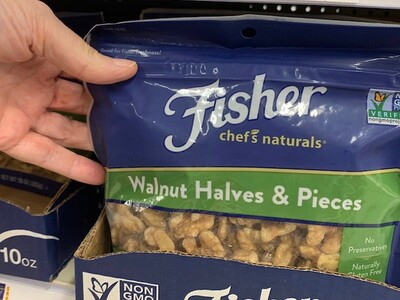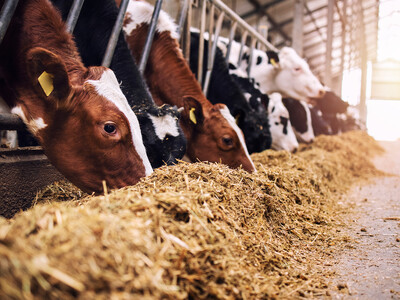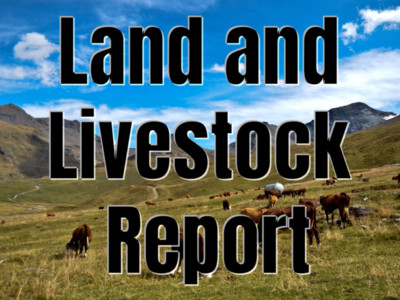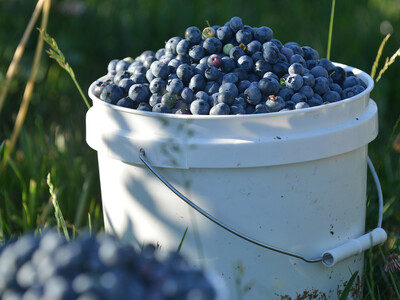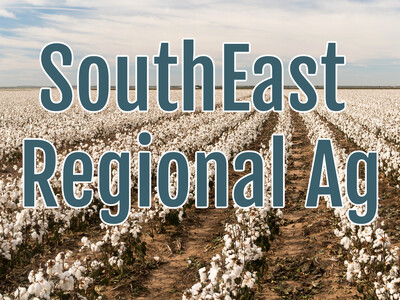Being Prepared
Being Prepared. I'm Greg Martin with Washington Ag Today.Spring is officially two weeks away and that means producers need to be on the lookout for things like avian influenza again. Wild birds can carry a number of bird flu viruses, but most strains do not seriously affect them. Occasionally bird flu viruses evolve into forms that are deadly to domestic chickens and turkeys. These viruses are known as "highly pathogenic avian influenza" viruses, a designation that refers to their ability to cause disease in domestic poultry, not in humans or any other animals. In December 2014 of a gyrfalcon in northwest Washington died after eating a wild duck. The gyrfalcon, which was legally used for hunting by a Whatcom County falconer was tested and confirmed to have HPAI. In addition, a northern pintail duck that was part of a group of waterfowl that died of an unrelated fungal infection near Wiser Lake in Whatcom County, tested positive for carrying the HPAI bird flu virus. Kevin Shea with USDA's Animal and Plant Health Inspection Service says there was a big lesson learned.
SHEA: We need to be able to respond faster and with more people. If we could have had more trained veterinarians and animal health technicians on the ground faster, I think we would have had a better outcome, or a quicker outcome.
There was some confusion created by the lack of trained people.
SHEA: By not really being fully staffed with emergency responders we had to rely, probably more than we would have like on contractors which led to some inconsistency in message from farm-to-farm about what they should do.
And that's Washington Ag Today. I'm Greg Martin, thanks for listening on the Ag Information Network of the West.











